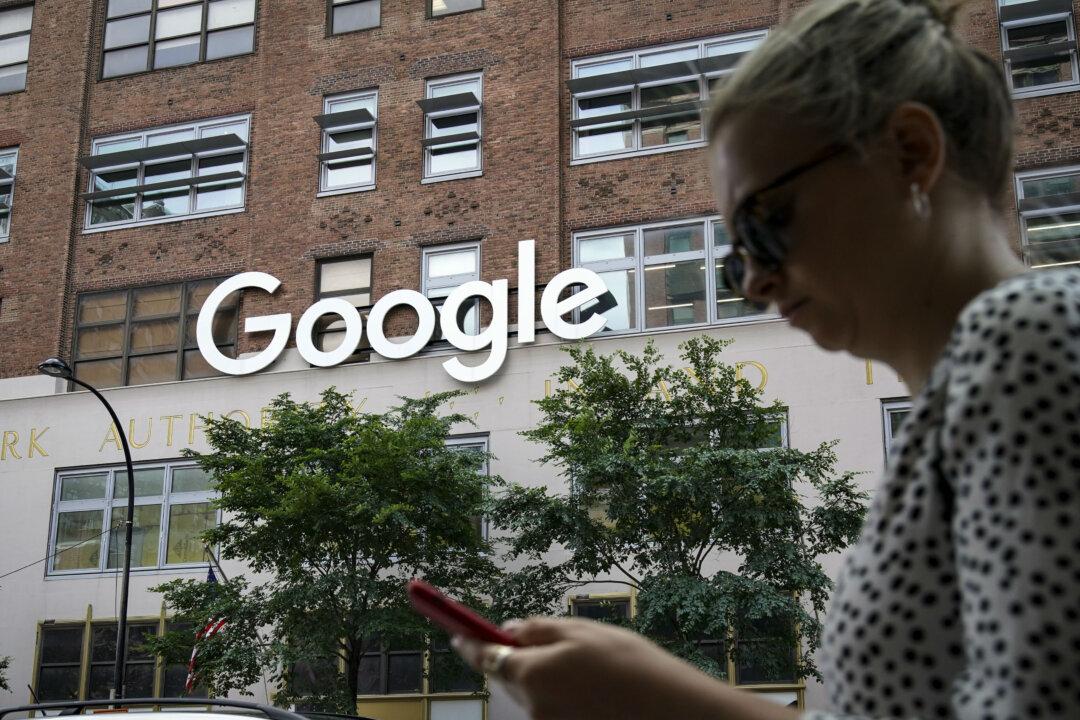A researcher who has spent more than half a decade monitoring Google’s influence said he believes the tech giant will “actively interfere” in the 2020 elections. On Aug. 6, President Donald Trump said his administration is watching Google “very closely.”
Dr. Robert Epstein, a senior research psychologist at the American Institute for Behavioral Research and Technology, told The Epoch Times that Google has access to a number of powerful manipulation methods mostly through “ephemeral experiences” that can shift votes.





